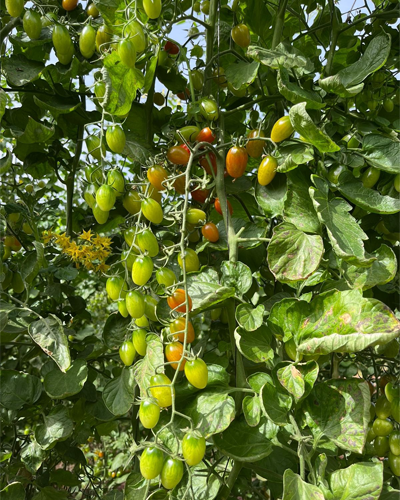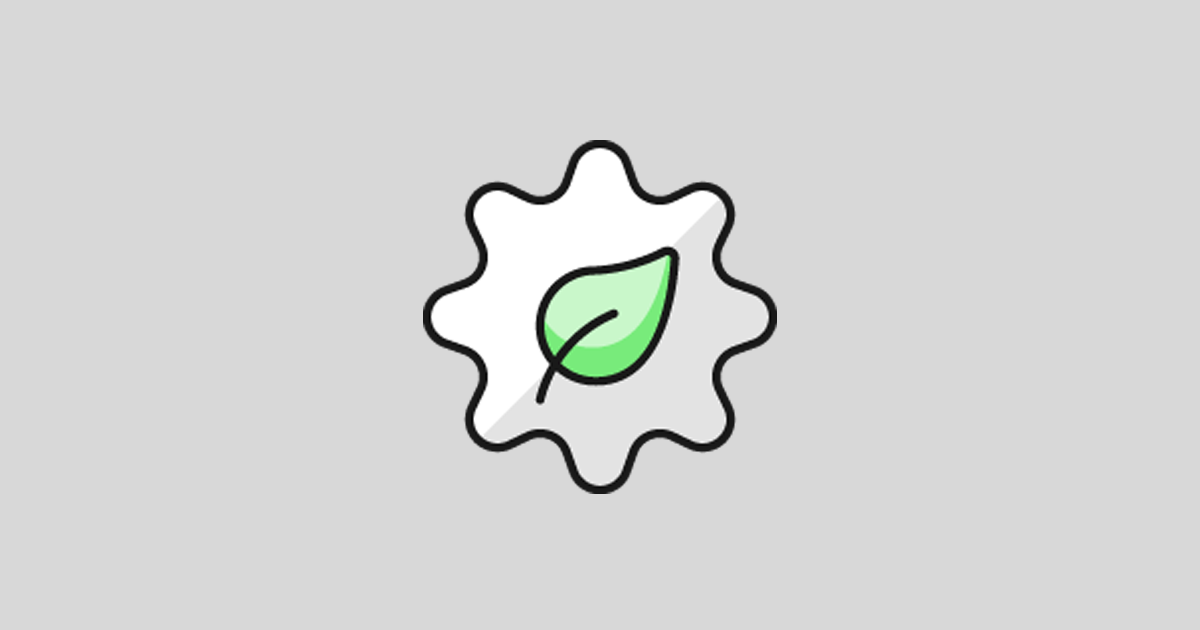The future of our products
We are currently focusing our R&D efforts on the biopesticides PHC279 and PHC949, which act via activation of the plants’ innate immune system, activating genes involved in resistance to biotic and abiotic stress. This activation leads to increases in yield and crop quality in many crops such as fruits and vegetables. History has shown that disease-causing organisms ultimately evolve to resist chemical fungicides, rendering them ineffective. Given the unique mode of action of PHC279 and PHC949, it is not expected that resistance development will occur.
Our PHC949 product shows performance for nematode control comparable to conventional chemical nematicides and superior to current biological solutions in field trials. There is a need for new biological nematicides that can replace less-safe chemical products and less effective microbial products. Currently available nematicides are facing increasing regulatory scrutiny around environmental and user safety, which in some cases has led to the products being withdrawn from the market. PHC949 is well-positioned to become a key tool for farmers struggling to control harmful nematodes.
PHC279 provides enhanced disease control across a wide range of disease-causing pathogens. Over time, pathogens develop resistance to existing chemical fungicides, requiring farmers to use higher application rates and to combine multiple fungicides to maintain adequate disease control. Ultimately, some fungicides are rendered useless as the targeted pathogens evolve complete resistance. Resistance development is not expected to occur for PHC279. And, similar to the case for chemical nematicides, regulators are reviewing the safety and environmental profile of fungicides and removing them from the market, leaving farmers with no good choices to control diseases in their crops. With its broad-spectrum disease control and environmental safety, PHC279 will be a valuable tool for farmers.
Beyond PHC279 and PHC949, Plant Health Care has an extensive library of PREtec product candidates available for future development, many of which have been validated in greenhouse testing and field trials spanning multiple years.




